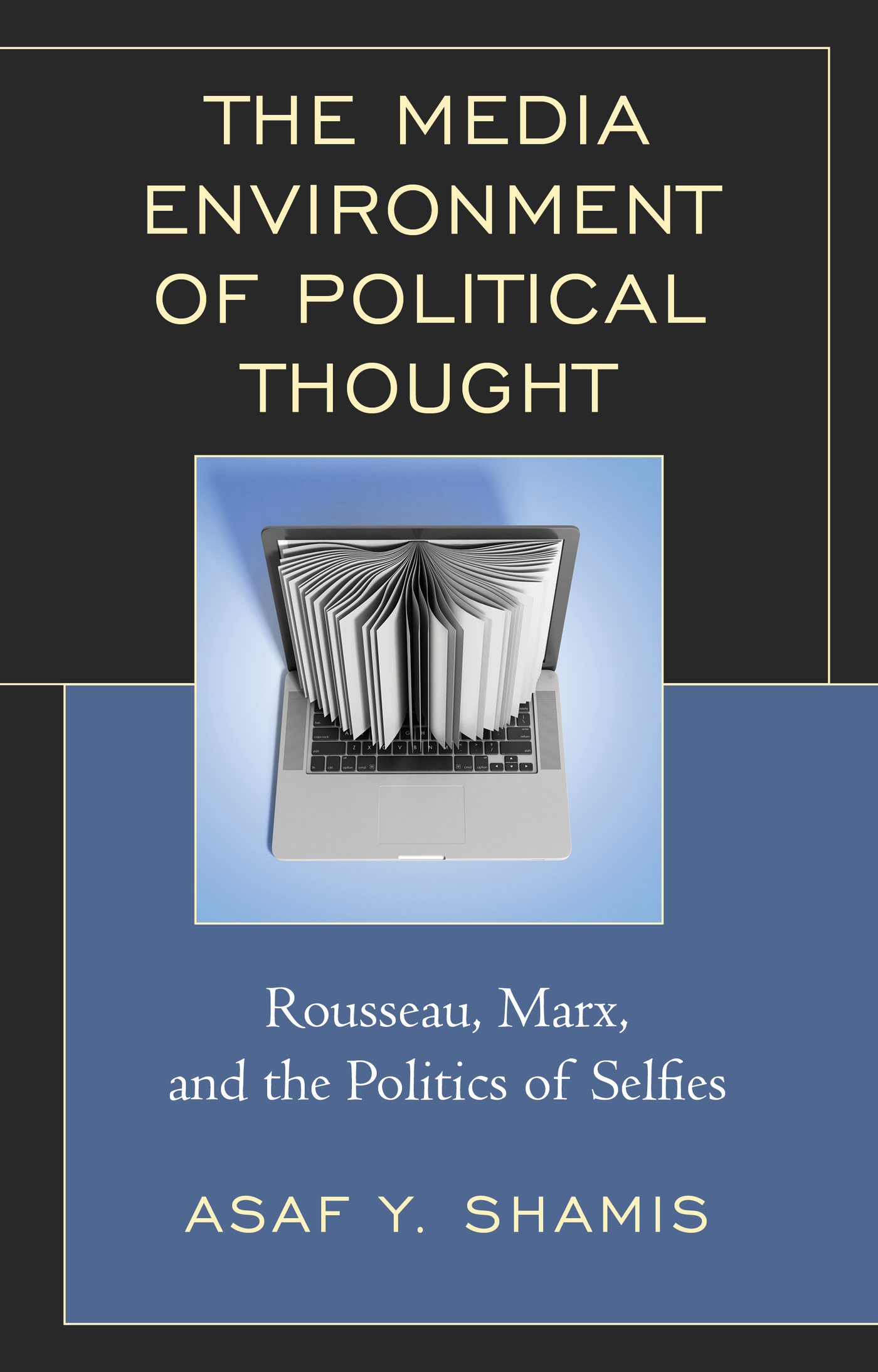The Media Environment
of Political Thought
The Media Environment
of Political Thought
Rousseau, Marx, and the Politics of Selfies
Asaf Y. Shamis
LEXINGTON BOOKS
Lanham Boulder New York London
Published by Lexington Books
An imprint of The Rowman & Littlefield Publishing Group, Inc.
4501 Forbes Boulevard, Suite 200, Lanham, Maryland 20706
www.rowman.com
Unit A, Whitacre Mews, 26-34 Stannary Street, London SE11 4AB
Copyright 2017 by Lexington Books
All rights reserved. No part of this book may be reproduced in any form or by any electronic or mechanical means, including information storage and retrieval systems, without written permission from the publisher, except by a reviewer who may quote passages in a review.
British Library Cataloguing in Publication Information Available
Library of Congress Cataloging-in-Publication Data Available
ISBN 978-1-4985-3293-8 (cloth : alk. paper)
ISBN 978-1-4985-3294-5 (electronic)
 TM The paper used in this publication meets the minimum requirements of American National Standard for Information Sciences Permanence of Paper for Printed Library Materials, ANSI/NISO Z39.48-1992.
TM The paper used in this publication meets the minimum requirements of American National Standard for Information Sciences Permanence of Paper for Printed Library Materials, ANSI/NISO Z39.48-1992.
Printed in the United States of America
Dedicated to my parents, Diane Shalem and Giora Shamis
the techne and logos in me.
Acknowledgments
There are many people who contributed to this project, either directly or indirectly. Above all, I am indebted to my mentors. I first owe thanks to Jack Jacobs for his patience, encouragement, and sound advice. I am also especially grateful to Alyson Cole for her insightful suggestions and continuous support. My special thanks also to the late Marshall Berman. Though Marshall is no longer with us, his spirit is very much present in this work. I would also like to extend special thanks to Michael Walzer for indulging me and offering me his perspective on the craft of writing about political ideas. I am also grateful to my mentors at the Political Science Department at the Hebrew University of JerusalemYaron Ezrahi and Dan Avnonwho early on made me fall in love with the wonderful world of political thought. Also thanks to Shlomo Anineri, David Sorkin, and Uday Mehta for their comments on earlier versions of some of the materials that found their way into the final text. Special thanks also to Jonathan Beck and Richard Gottlieb for their editorial assistance.
I am also thankful for the institutional support I have received from the Political Science Program at the Graduate Center of the City University of New York. I also owe a debt of gratitude to Gur Elroy and Yossi Ben-Artzi for providing me the venue at the University at Haifa University that allowed me to complete this project.
Huge thanks to the team at Lexington Books, especially the books editor, Nicolette Amstutz, who early on believed in this project and saw it through from its earliest stages. I owe special thanks to the anonymous reader for Lexington for her/his meticulous feedback. Thanks also to James Hamill and Jessica Thwaite for their help in preparing the manuscript for production. I would also like to thank Taylor & Francis for allowing me to reprint chapter 3: The Industrialists of Philosophy: Karl Marx, Friedrich Engels and the Discourse Network of 1840.
Finally, my deepest thanks are to my familyto my wife Hila Elroy, who is the smartest and most beautiful person I know, and to my kids, who keep on inspiring me every single day. I am grateful to my late father-in-law, Hadar Elroy. Without his kindness and generosity, I could not have come thus far. Hadar so sadly passed away while I was working on this book. I can only imagine how proud he is of this publication, wherever he may be. Huge thanks to my mother-in-law, Hadar Elroy, for her love and heartfelt support. I also would like to thank Ruth and Ben-Ami Bravdo for their faith in me when I was still a restless student full of esoteric ideas. I would also like to express my sincere gratitude to Pnina and Yoel Elroy for their unfailing patience and warmhearted support. Finally, I am eternally indebted to my parents Diane Shalem and Giora Shamishero journalists and Internet pioneers. My caring parents taught me the value of being hardworking, creative, and above all critical. This book is dedicated to them.
Introduction
This book had its beginning when I realized, one day, as I was sitting in a local coffee shop in the Upper West Side of Manhattan, that I had forgotten my beloved Penguin copy of the Communist Manifesto at home. I desperately needed the volume to continue working on a piece I was writing at the time. As I packed my stuff to leave, I paused: it occurred to me that I might as well use one of the many online versions of the Manifesto, instead of traipsing all the way home. So, I sat down and reopened my laptop. Just two minutes later, with the opening page of the Manifesto in front of me, I suddenly realized that the text my eyes were moving over was not the text I expected to see.
The digital text of the Manifesto is not the same as the paper version. The latter is a distinct, tangible object that occupies a definite place in my library or on my lap. It has Marxs and Engels original footnotes as well as those added by the Penguin editors. The work read on paper impresses you with its strong sense of structure. It guides the reader from stage to stage in an orderly manner. The introduction provides the historical and intellectual setting; the six prefaces then offer the reader a general idea of Marxs and Engels goals and intentions; and, finally, the reader is invited to access Marxs and Engels original text. As a reader, I am constantly aware of exactly where I am in the work and its spatial location vis--vis the physical world.
But the digital version of the Manifesto provided a totally different reading experience. First, in contrast to the print version, the digital Manifesto has no distinct life of its own. Its responses to sight and touch are no different from the grocery list I had filed on my Google Keep that morning. I had to look for the title, date of publication, and other such particulars before I was convinced that what I was reading was indeed the monumental Manifesto.
I then clicked on the hyperlink for Chapter I: Bourgeois and Proletariatand was led to a new webpage. The first thing I noticed was another hyperlink marked 1 right after the title Chapter I: Bourgeois and Proletariat.
So I clicked on the hyperlink and Marxs and Engels original footnotes jumped onto my screen. But no sooner had I started reading the footnote than I noticed that key words and phrases like bourgeoisie, proletariat, means of social production, wage laborers, and labor power were nothing but fresh hyperlinks that moved me right out of the Communist Manifesto and onto other related hypertexts. Clicking on bourgeoisie, for instance, carried me to a glossary of some sort, which included passages from Marxs Capital, Lenins The State and Revolution, and other works. I found myself in a sprawling labyrinth of interrelated hyperlinks, groping for my destination through sites that were all related in some shape or form to the original text, yet were part of alien, nonlinear terrain.
My travels through these digital trails did not lead me straight to the lucid, coherent text which began with A specter is haunting Europethe specter of Communism and ended with Workers of the world, unite! They tossed me hither and thither, forcing me into associative and immediate decisions at each hyperlink. Instead of concentrating on Marxs and Engels ideas, I had to keep on deciding where to go next. I could, of course, have ignored the hyperlinks and stuck to the original text. But I admit to being carried away by curiosity about where those signposts were leading. The effect was to break my concentration and divert my attention to a whole range of works before I had even set eyes on the
Next page
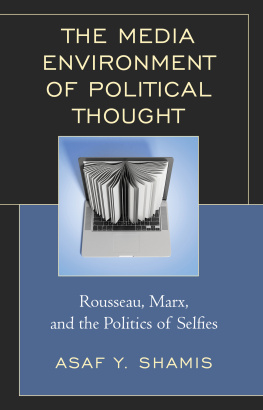



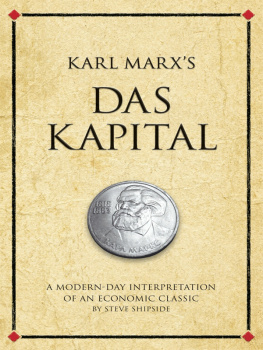

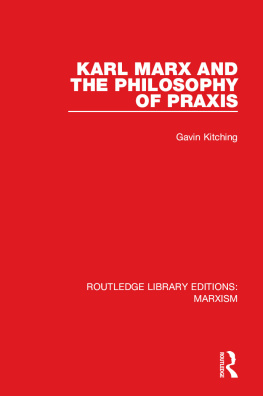
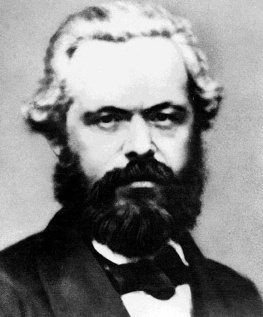
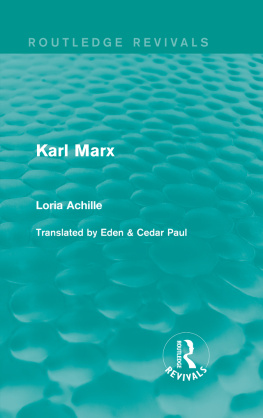


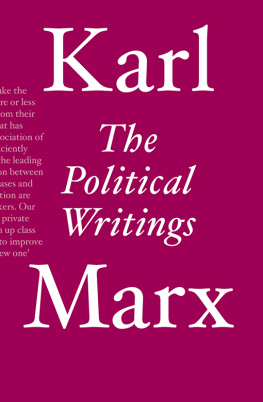
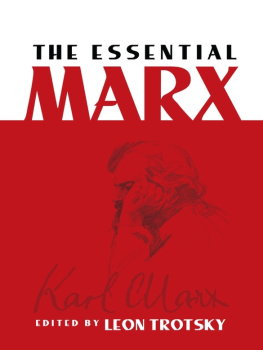

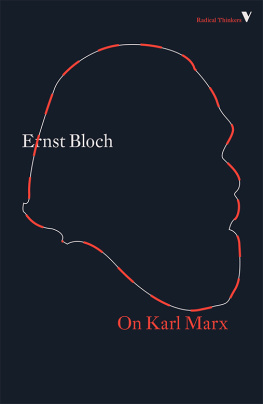


 TM The paper used in this publication meets the minimum requirements of American National Standard for Information Sciences Permanence of Paper for Printed Library Materials, ANSI/NISO Z39.48-1992.
TM The paper used in this publication meets the minimum requirements of American National Standard for Information Sciences Permanence of Paper for Printed Library Materials, ANSI/NISO Z39.48-1992.